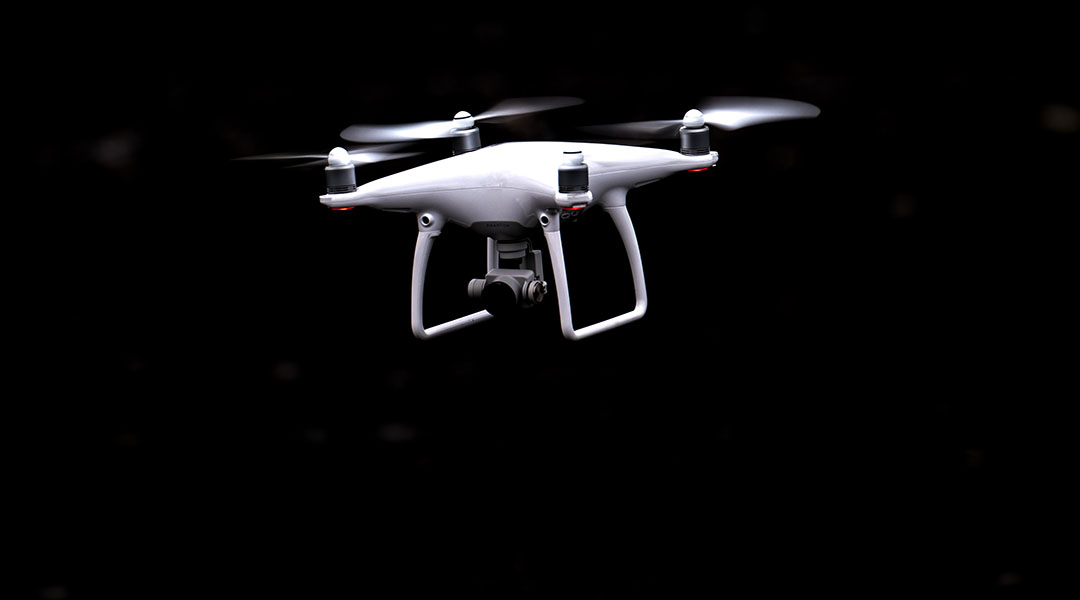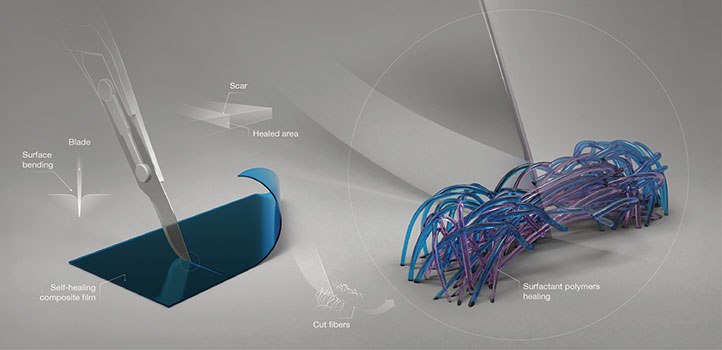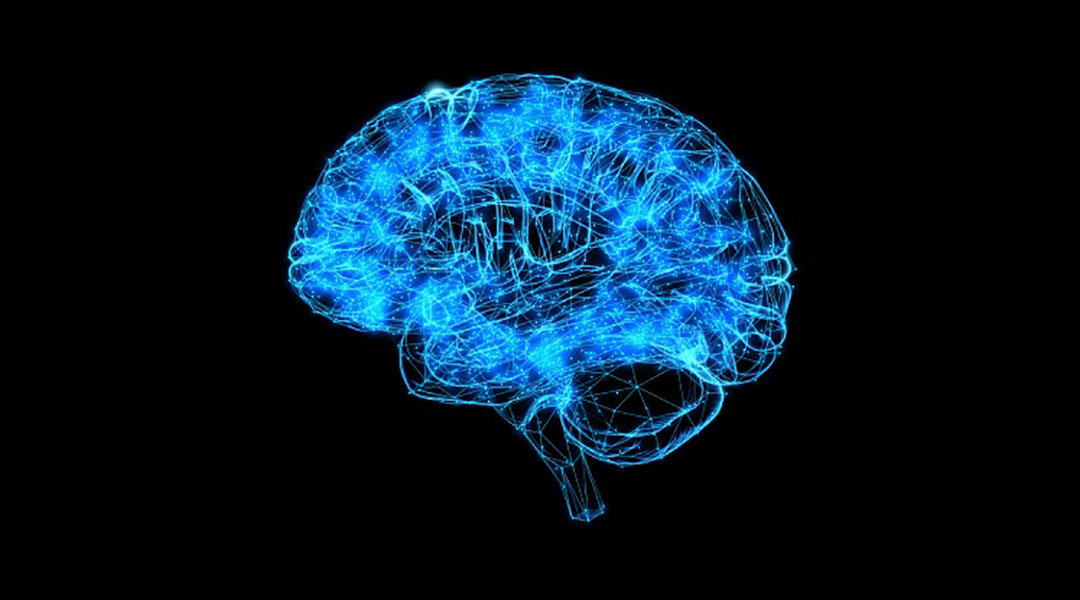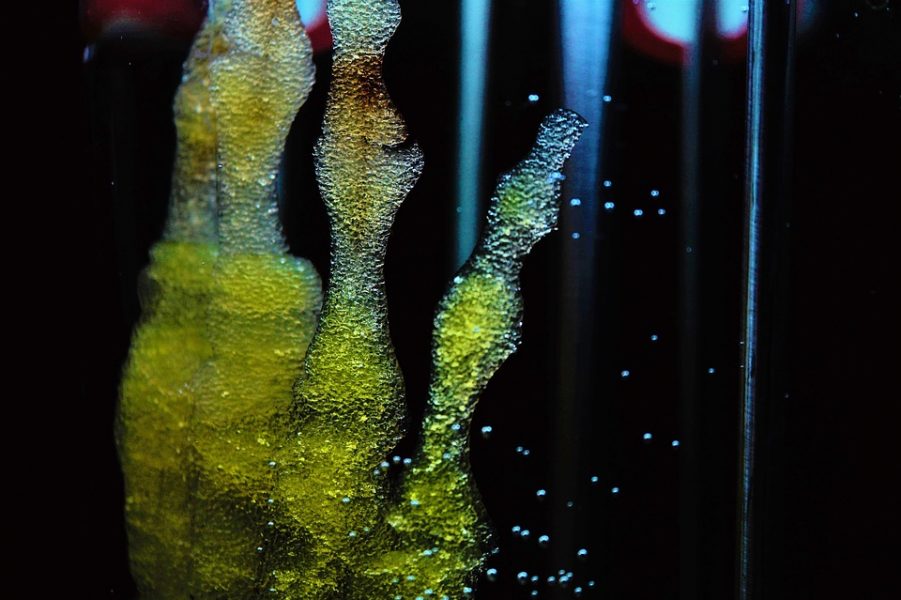UCF researchers develop a device that mimics brain cells used for human vision. The invention may help to one day make robots that can think like humans.


UCF researchers develop a device that mimics brain cells used for human vision. The invention may help to one day make robots that can think like humans.

The remarkably agile arms of the octopus are a source of inspiration for the design of autonomous robots.

Sensors that are worn on the skin could soon be powered by our own body heat.

In a small group of patients, language and memory showed improvement for up to 3 months after ultrasound brain stimulation therapy.

AI is growing at a rapid pace and solving complex problems in the process—but what are the risks of such a sophisticated technology?

Scientists take us a step closer to making cell transplantation a viable clinical option.

Studying genes that orchestrate early brainstem development has increased our understanding of breathing control and associated disorders.

By combining two types of memory arrays, researchers can accelerate image recognition for more efficient machine learning.

In this essay, scientists from Spain and Denmark delve into the spectrum of possibilities offered by wearable and implantable healthcare devices and provide new insight into the cyborganic era.

The ways astronauts prep for spaceflight could benefit cancer patients, researchers say.